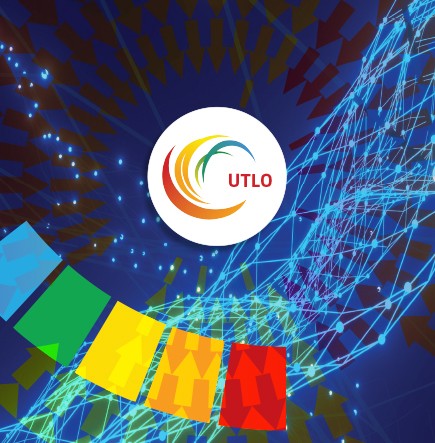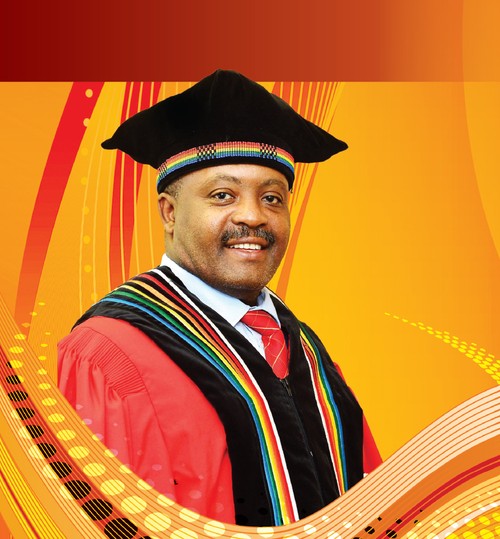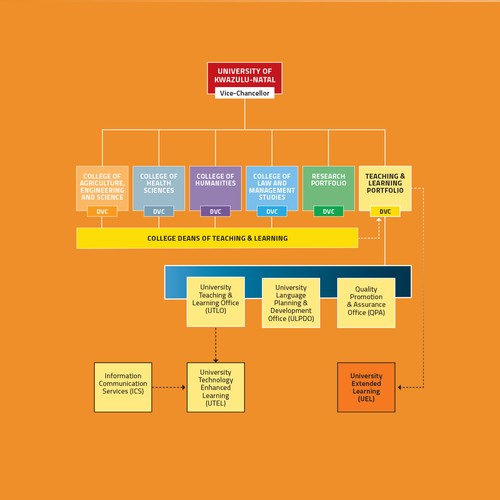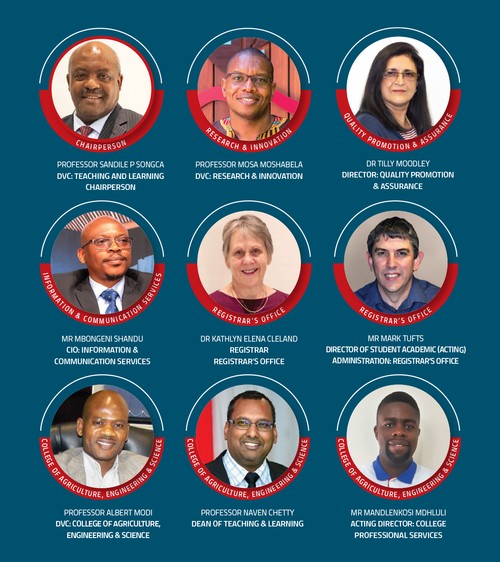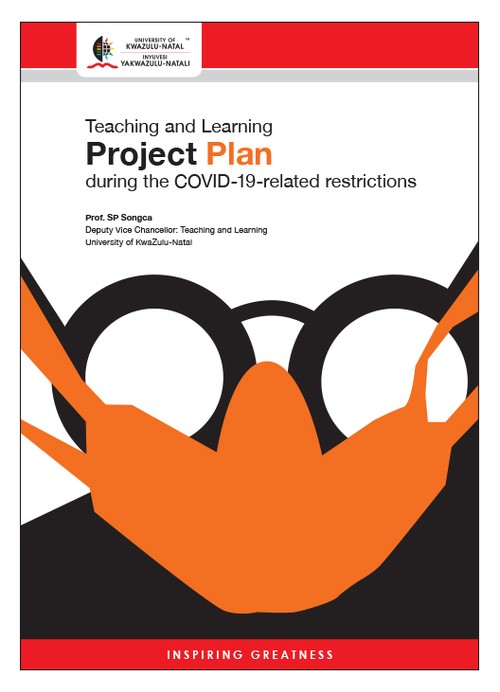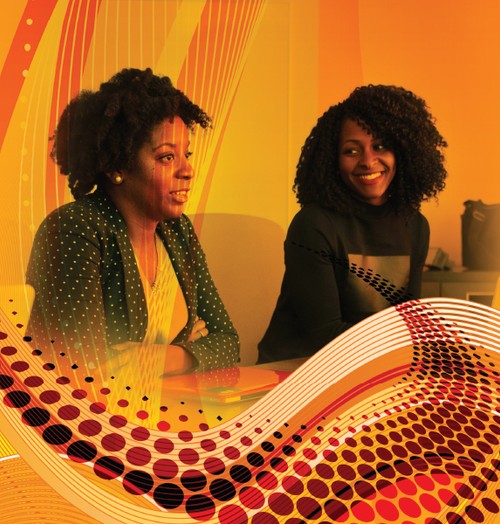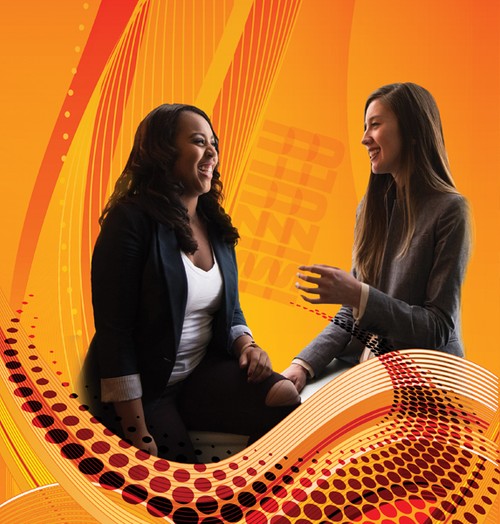
Everyone acknowledges that teaching and learning are the heart of every University, but few appreciate how much dedicated effort, enterprise and forward thinking are involved in ensuring not only the highest standards but also adapting to the unceasing changes and demands of the twenty-first century.
So I am delighted to present the 2020/21 UKZN Teaching and Learning Annual Report. This richly documented survey reveals the complex ways in which the ‘traffic’ of teaching and learning is multi-directional, confronting the questions that will never and never should disappear: How can we better meet the needs of our students? What new techniques and technologies must teaching staff adopt and adapt? How can we make the University more inclusive and accessible—linguistically, with a view to disabilities and disadvantaged backgrounds, and with respect to sources of data and information beyond the walls of our classrooms?
The 2020/21 academic year will forever be remembered not for the turbulent and complex context of the Covid pandemic, but for the agility, creativity, and resilience of the university community.
The 2020/21 academic year will forever be remembered not for the turbulent and complex context of the Covid pandemic, but for the agility, creativity, and resilience of the university community. The disruption to our conventional Teaching and Learning modalities necessitated a rapidly developed, innovative strategy to ensure continuity of the academic programme. But the University community’s responsiveness and adaptability to the challenges of Covid has also sparked renewed and expanded creativity—a keen sense of new possibilities for teaching and learning—a new ‘learning how to learn’ for staff and students alike. The 2020/21 report clearly conveys both our recent accomplishments and the many promises of the near future.
After a year like no other, it is appropriate that the sub-title of this year’s report is ‘Advancing Technology-Enhanced Teaching and Learning.’ As documented in this report, the various arms of teaching and learning at UKZN, in strategic partnership with the Colleges, Schools, and Information and Communication Services, ensured students and lecturers were capacitated in adopting and using the Learning Management System (Moodle) and other communication technologies to mediate the absence of the familiar face to face approaches. The timely appointment of the Instructional Design (ID) Team has accelerated to the adoption of innovative learning designs and approaches, such as hybrid learning, blended learning and active learning, re-entering our students as co-creators of knowledge. As we emerge from the crisis and look ahead to the restoration of the academic programme, the ID team will be strategic and instrumental in redefining the curriculum and delivery modes, embracing a deeper understanding of what it means to teach and learn in contexts of crises.
The University Technology Enhanced Learning (UTEL) team continues to provide leadership and support in developing creative educational content for our students and staff as we migrate to blended and online courses. We commend members of the Academic Computing team, who were available to support staff and students with the use of the sometimes unfamiliar newly acquired educational technologies. The Teach and Learn Online Portals (UTOP and ULOP) grew in popularity and utility and continues to be a valuable source of instructional content and information for advancing technology-enriched learning.
The UTLO engaged in various activities to promote the Scholarship of Teaching and Learning (SoTL) through thought-provoking seminars, workshops, and colloquia, spanning Academic Monitoring and Support, institutional research, scholarly publications and grant provisioning. The inaugural E-learning Symposium established growing communities of practice for external and internal stakeholders to share best practices on innovative teaching and learning developments.
The Quality and Promotion Assurance (QPA) office has ensured that our services are of the highest quality and comply with international standards in providing inspiring learning experiences for our students. Using various quantitative and qualitative mechanisms such as the institutional audit, student and peer evaluations, graduate opinion surveys, and institutional research instruments, they were able to investigate the status quo as they steered UKZN towards continuous progressive improvement. The findings of the South African Survey of Student Engagement (SASSE) survey validates the effort and resilience of UKZN, in enhancing the quality of teaching and learning, relative to other institutions.
The University Language Planning and Development Office (ULPDO) continues to promote scholarly development of our indigenous languages. Through the implementation of the language policy, programmes and initiatives, such as human language technologies, terminology development projects, and bilingual tutorials, the unit continues to advance the intellectualisation of isiZulu.
Finally, the efforts of the leadership in the colleges in cascading the teaching and learning strategy, policies, and frameworks down to the Colleges and Schools are impressive. They implemented academic monitoring initiatives such as mentorship, tutorship, writing places, enhancing the first-year experience, and academic advising programmes to ensure our students adapt to university life and extract the optimal educational value from our offerings.
The few examples I have highlighted demonstrate the professionalism and dedication of our staff in pursuit of excellence in teaching and learning. I also acknowledge our partners, including the Department of Higher Education, the Kresge Foundation, for their support towards capacity development in teaching and learning at the UKZN.
I congratulate everyone involve for contributing to our great University as we keep inspiring greatness in our community. It gives me great pleasure to commend this report to the entire University community.
Professor Nana K Poku
Vice-Chancellor and Principal
